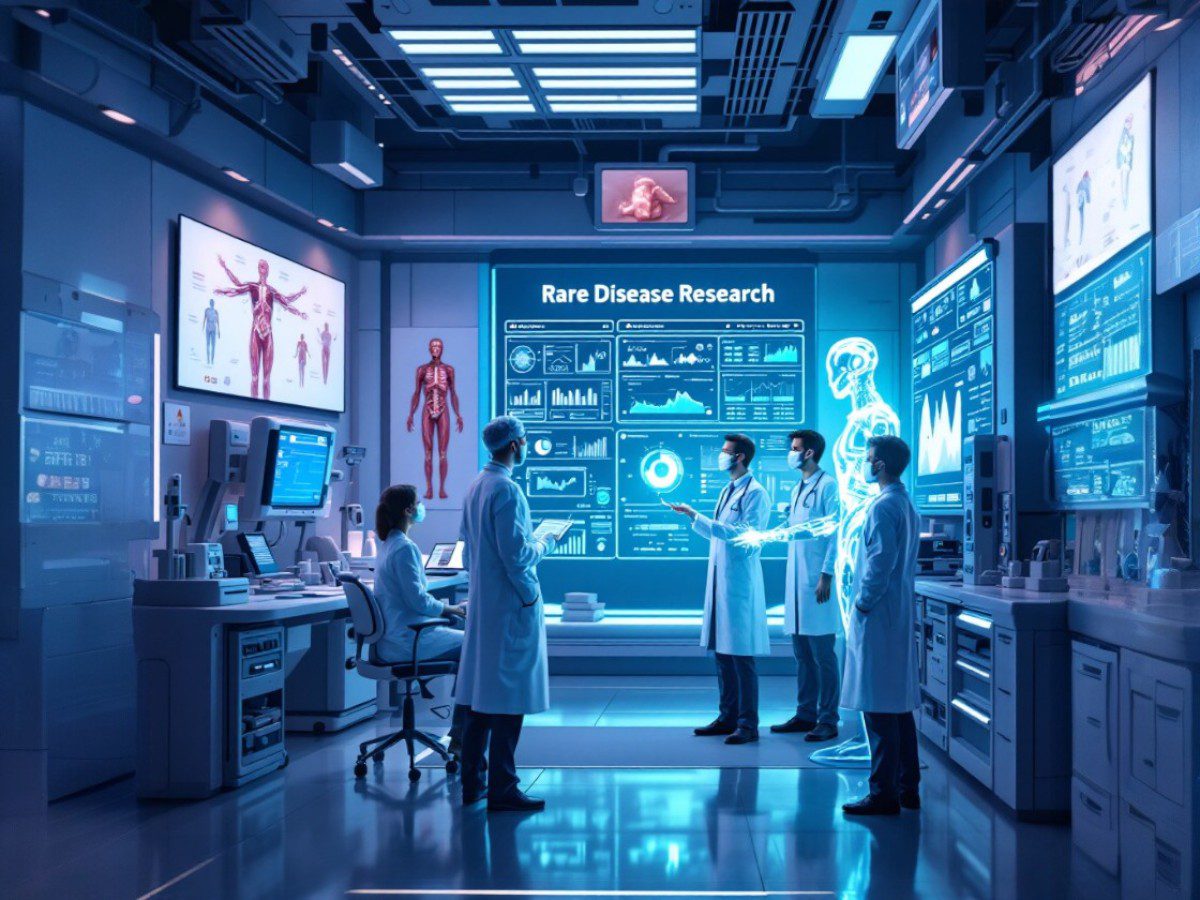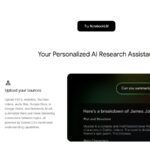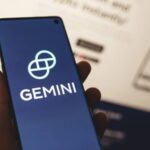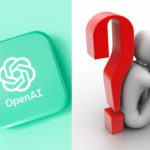A Google employee has transformed the landscape of rare disease research by leveraging artificial intelligence to help his son diagnosed with Alexander disease. Thomas Wagner’s innovative use of Google’s Gemini AI tool has led to unprecedented advances in understanding and researching this fatal neurodegenerative disorder.
The journey began in 2023 when Wagner’s son Max received a devastating diagnosis of Alexander disease, a rare condition with no known cure. Faced with complex medical terminology and limited treatment options, Wagner turned to AI technology to decode dense research papers and medical literature.
Using Gemini, Wagner successfully translated intricate scientific papers into comprehensible information, despite having no formal biology background. The AI tool served as his personal science tutor, enabling him to grasp complex medical concepts and establish connections across various research domains.
Wagner’s enhanced understanding of the science led to productive dialogues with researchers worldwide. His outreach efforts have yielded remarkable results, attracting scientists who had never previously studied Alexander disease to apply their expertise to this rare condition.
His efforts have significantly expanded the research community, with 11 research groups now actively studying Alexander disease.
The success of Wagner’s approach demonstrates the transformative potential of AI in democratizing complex medical knowledge. By making scientific information more accessible, AI tools like Gemini enable individuals to actively participate in advancing medical research for rare conditions.
The implications of Wagner’s work extend beyond Alexander disease. His methodology could serve as a blueprint for other families affected by rare diseases, showing how technology can bridge the gap between medical expertise and patient understanding.
For individuals seeking to support Alexander disease research, resources are available through EndAxD.org. Additional information about Leukodystrophies can be found at ULF.org, while the Waisman Center’s Alexander Disease Lab provides detailed scientific insights into the condition.
Wagner’s innovative application of AI technology has not only advanced the understanding of Alexander disease but has also created a collaborative network of scientists and families working together toward finding potential treatments. His story exemplifies how determination, combined with modern technology, can drive meaningful progress in medical research.
News Source: https://blog.google/technology/ai/thomas-story-alexander-disease/









